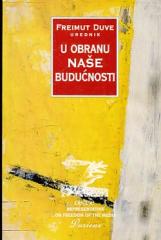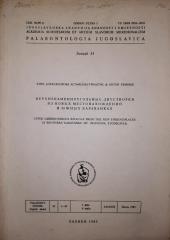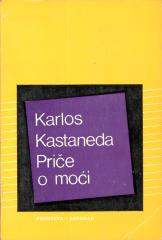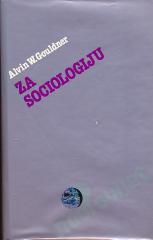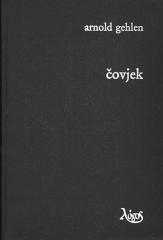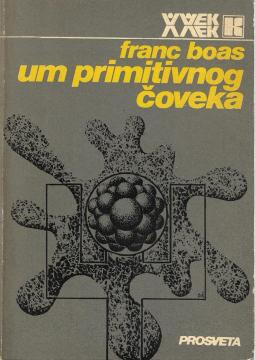
Um primitivnog čoveka
Franz Boas (1858–1942), German-American anthropologist, the father of American anthropology, in The Mind of Primitive Man (1911) dissects the myth of "primitive" peoples as inferior, promoting cultural relativism.
The book, which emerged from lectures at Vanderbilt, criticizes racist theories of evolution (like Gobineau's), arguing that there is no biological hierarchy of races – differences are cultural, not genetic. Boas divides the work into three parts: The first explores the method of anthropology, emphasizing field research (eg among the Eskimos) instead of speculation. Another analyzes the mind: the languages of the "primitives" (Kwakiw Indians) are complex, the myths deep, the art sophisticated - they are not "childish", but adapted to the environment. Religion is not "superstition", but a logical worldview. The third discusses morality and society: "primitives" have ethics equally developed but different; wars are cultural, not innate.
Boas' influence: he broke Eurocentrism, established empiricism in ethnology, inspired Sapir and Benedict. The book, crucial against colonialism, reminds: every culture is complete, without "progress" – "the mind of man is equally capable everywhere". As a manifesto of humanism, it remains relevant in the fight against racism.
One copy is available
